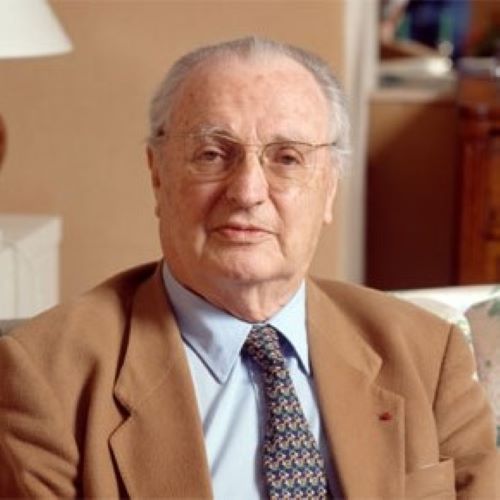Pierre Grimal
Introduction
Pierre Grimal (1912–1996) was a distinguished French historian and Latinist known for his deep expertise in Greek and Roman civilizations. Born in Paris on November 21, 1912, he spent his life making classical history and mythology more accessible to a wider audience. His scholarly contributions not only enriched academic circles but also brought the cultural legacy of antiquity to the general public. Grimal passed away in his hometown on November 2, 1996, leaving behind a lasting impact on the study of the ancient world.
Area of Expertise
Pierre Grimal was a leading authority on classical studies, with a strong emphasis on Roman civilization and mythology. His passion for ancient cultures extended to translating key Latin texts, including works by Cicero and Seneca the Younger. Through his scholarly research, he shed light on the myths, legends, and traditions of the Greeks and Romans, making their rich heritage more accessible. His ability to articulate the complexities of antiquity earned him recognition in both academic circles and among general readers.
Books & Publications
Pierre Grimal was a prolific writer whose works played a crucial role in expanding the understanding of classical antiquity. His books covered a wide range of topics, from mythology and literature to Roman history and culture. Among his most influential works is Dictionnaire de la mythologie grecque et romaine (1951), a widely used reference on Greek and Roman mythology. He also contributed to the Que sais-je? series with titles such as La mythologie grecque (1965) and La littérature latine (1965), making complex subjects accessible to a broader audience.
His historical studies included Le siècle des Scipions (1958), which examined Rome’s interactions with Hellenistic culture during the Punic Wars, and Le siècle d’Auguste (1965), which explored the political and cultural transformations of the Augustan era. In addition, Les villes romaines (1954) provided insights into the urban planning and architectural achievements of ancient Rome.
Beyond history and mythology, Grimal had a keen interest in artistic and cultural expressions, reflected in works like L’art des jardins (1974), where he delved into the aesthetics and philosophy of garden design. His passion for classical literature extended to translations of Latin authors, making the works of Cicero, Seneca, Tacitus, Plautus, and Terence more accessible to modern readers. Through these translations and his original writings, Grimal left an enduring impact on the study of antiquity.
Research & Contributions
Pierre Grimal’s research greatly deepened the understanding of Greek and Roman mythology, making classical narratives more accessible and relevant. His Dictionary of Classical Mythology remains a key reference for scholars and enthusiasts alike, providing detailed insights into ancient figures, places, and artifacts.
Beyond mythology, Grimal explored the broader cultural and historical impact of ancient civilizations, examining how myths influenced politics, religion, and artistic expression in Greece and Rome. His ability to draw connections between mythology and daily life offered a richer perspective on the ancient world.
A strong advocate for classical education, Grimal believed in the enduring value of Latin and Greek studies. Through his clear and engaging writing—particularly in the Que sais-je? series—he brought complex ideas to a wider audience, ensuring that the legacy of antiquity remained an essential part of modern intellectual life.
Awards & Recognitions
Pierre Grimal’s scholarship earned him widespread recognition in the field of classical studies. His expertise led to invitations to prestigious conferences and academic gatherings, where he shared his insights on Greek and Roman civilization.
In acknowledgment of his contributions, he was inducted into the Académie des Inscriptions et Belles-Lettres in 1978, a testament to his impact on historical and literary research. He also received the Prix Broquette-Gonin from the Société des Gens de Lettres in 1964 and was honored as a Commandeur of the Ordre des Arts et des Lettres, reflecting his influence on both academia and cultural preservation.
Social Media Profiles
As Pierre Grimal lived in the 20th century and passed away in 1996, he did not have social media profiles. However, his work continues to be discussed and referenced in academic circles and online platforms dedicated to classical studies and mythology.
Bibliographic Sources




